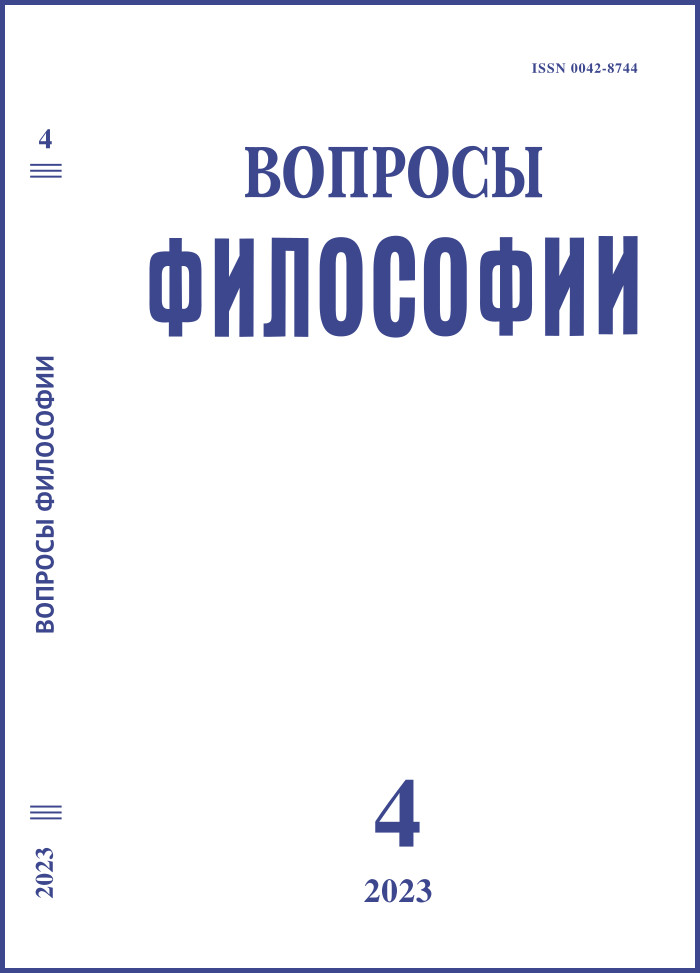Ecological Thinking in the Formation of Civilizational Orientations of the Russian Society of the Digital Age
DOI:
https://doi.org/10.21146/0042-8744-2023-4-48-59Keywords:
digital age, ecological thinking, civilization, civilizational perspectives, innovations, socio-natural interaction, environmental education, worldview paradigm, utopian approaches, coevolutionary unity of man, society and natureAbstract
In recent years, the problems of the modern civilizational choice of our country have been increasingly discussed. Various civilizational projects are considered from the social, economic, political, geopolitical, ideological, general cultural, confessional and other positions. At the same time, projects that pay attention to natural components that influence the formation of new civilizational orientations take the least part in these discussions. And this is understandable. We live in a growing gap between the scientific and technical, humanitarian and social components of the development of modern society, the rapid formation of a new digital era created by the increased scientific and technical power of man. This era led to the emergence of global information networks that made global communications possible, which fundamentally changes the form of organization of modern society. The concept of the formation of such a digital era was comprehensively developed in the works of D. Bell, E. Toffler, M. Castels, M. McLuhan and many other modern researchers. The paper considers the role of ecological thinking in the formation of civilizational orientations of the Russian society of the digital age. The prospects and risks of such a civilizational development are analyzed. The importance of the formation of environmentally oriented thinking for overcoming the risks and dangers of this path, for significant transformations of the formation of civilizational orientations of our country is revealed. The historical prerequisites for the emergence of ecological approaches are considered. The civilizational perspectives of the functioning of ecological thinking in modern conditions are formulated. It is proved that ecological thinking, leading to the formation of a broad ecological culture, fulfills the most important strategic task of our time – the formation of an eco-oriented civilizational attitude of its development in our country

